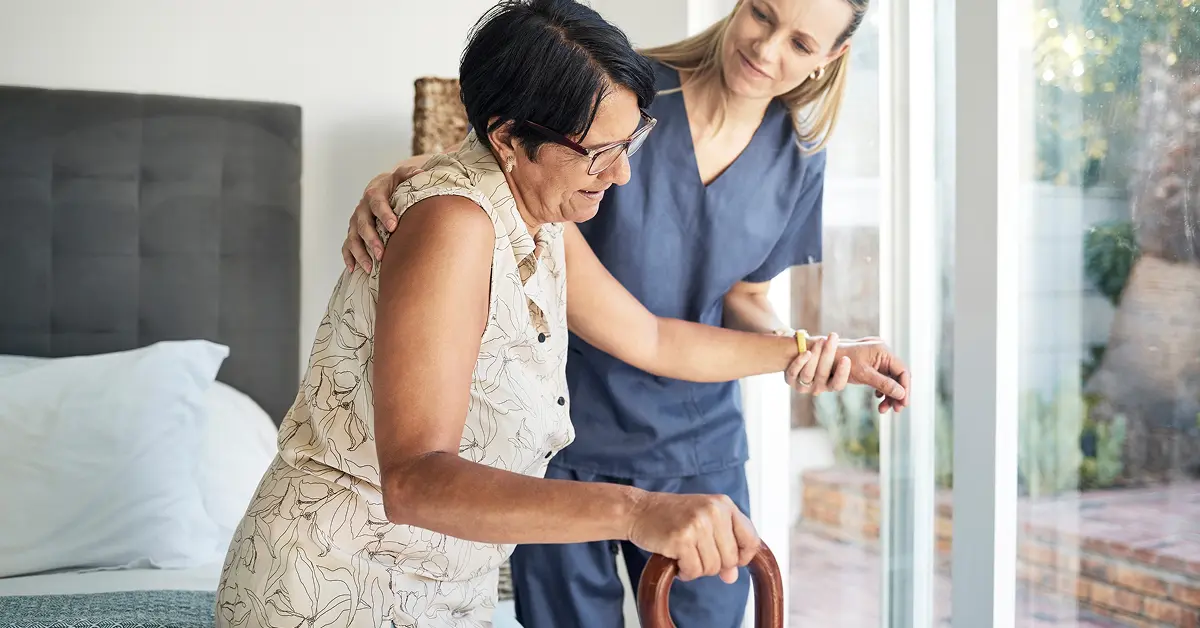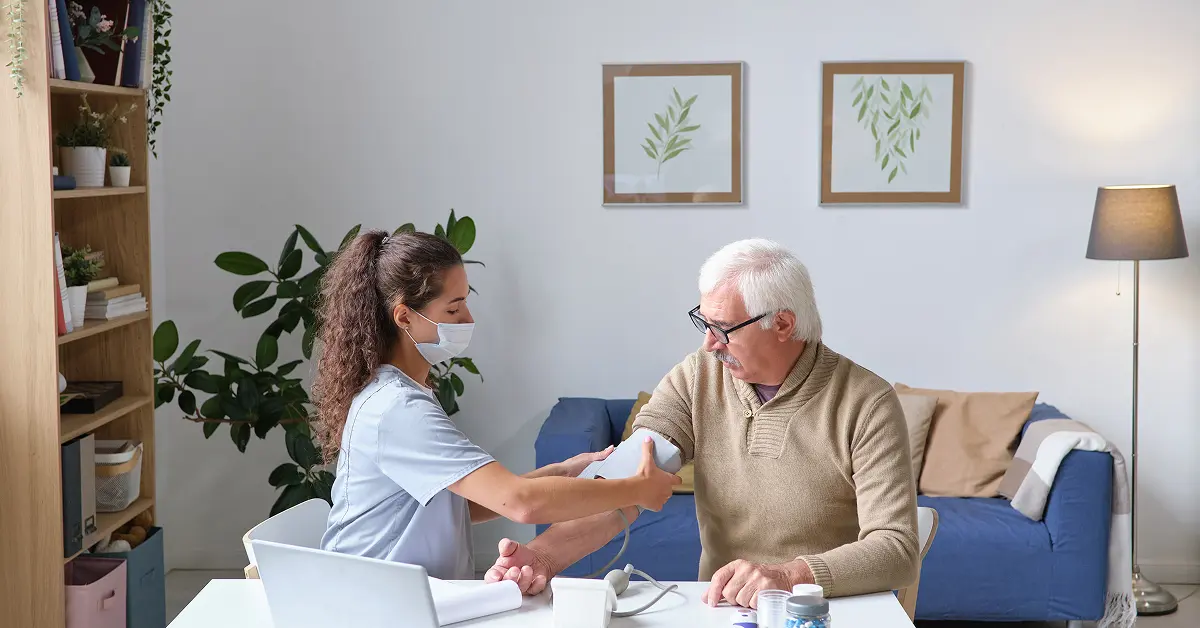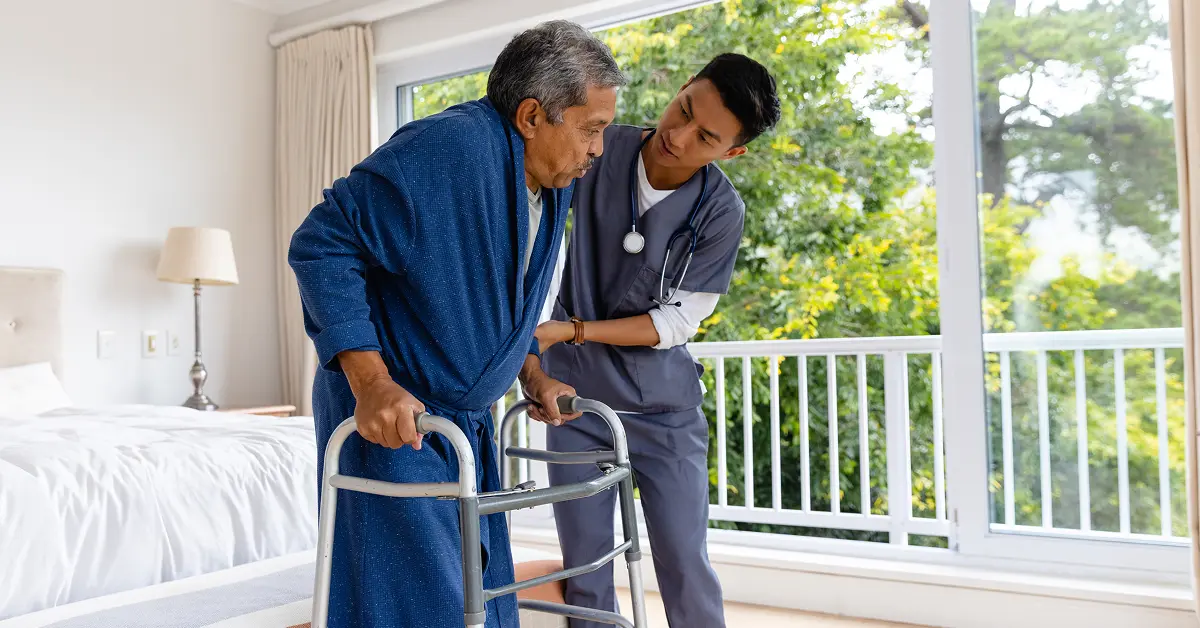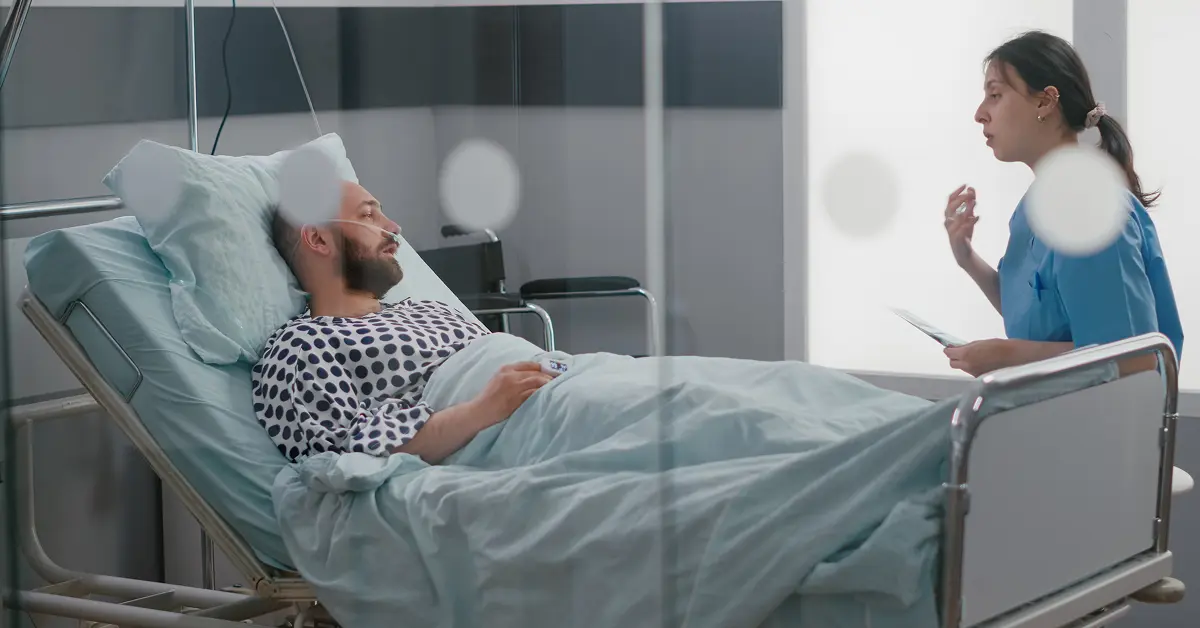When a loved one is discharged from the hospital, the journey to recovery doesn’t end there. In fact, the period immediately after discharge is often the most crucial phase. Patients may still need medical attention, assistance with daily activities, and emotional support to regain strength and confidence. Families often struggle to balance professional responsibilities with caregiving needs, making it challenging to provide consistent care. This is where trained attendants for post-discharge home care support become invaluable.
Why Post-Discharge Home Care Matters
India’s healthcare system has evolved rapidly in recent years. Hospitals are becoming busier, and patients are discharged earlier than before. While this reduces hospital costs and risk of infections, it also increases the responsibility on families to ensure proper recovery at home.
Post-discharge care is essential for:
- Preventing hospital readmissions.
- Managing post-surgery recovery.
- Ensuring timely medication and wound care.
- Monitoring vital signs and health progress.
- Reducing stress for patients and their families.
Without the right care at home, patients can face complications that may delay recovery. Having a trained attendant ensures that the transition from hospital to home is smooth, safe, and supportive.
Who Are Trained Attendants?
Trained attendants are professional caregivers who assist patients with both medical and non-medical needs after discharge. Unlike nurses or doctors, attendants may not perform complex clinical procedures, but they play a critical role in daily care and monitoring.
Their responsibilities typically include:
- Personal Care: Helping with bathing, grooming, feeding, and mobility.
- Medication Assistance: Ensuring the patient takes medicines on time.
- Monitoring: Checking temperature, pulse, blood pressure, and reporting any unusual symptoms.
- Post-Surgery Support: Assisting with dressing changes, exercises, or physiotherapy routines as instructed.
- Companionship: Offering emotional support and encouragement to patients, especially elderly ones.
- Household Assistance: Light housekeeping tasks related to patient care such as cleaning, meal preparation, or maintaining hygiene.
Benefits of Hiring Trained Attendants in India
- Safe Recovery at Home – Recovering at home in a familiar environment reduces stress and promotes faster healing.
- Professional Care with Compassion – Professional attendants understand the medical importance of hygiene, medication, and patient mobility.
- Reduced Risk of Complications – Monitoring vital signs and managing wounds helps prevent infections.
- Support for Family Members – Relieves families from the stress of constant caregiving.
- Cost-Effective Alternative – Home attendants are more affordable than prolonged hospital stays.
- Round-the-Clock Assistance – Available on full-time, part-time, or live-in basis.
Types of Post-Discharge Patients Who Need Attendants
- Elderly Patients: Seniors recovering from falls, fractures, or surgeries.
- Post-Surgery Patients: Patients recovering from operations such as knee replacement, cardiac surgery, or C-sections.
- Chronic Illness Patients: Those with diabetes, stroke, or cancer requiring continuous care.
- Maternity Care: New mothers needing help with rest, recovery, and newborn care.
- Palliative Care Patients: Patients needing comfort and emotional support in advanced illness stages.
The Growing Demand for Attendants in India
With increasing urbanization, nuclear families, and fast-paced lifestyles, India is witnessing a rising demand for home healthcare services. According to healthcare industry reports, the home healthcare market in India is growing at more than 15% annually, and trained attendants form a large part of this demand.
Post-COVID awareness about infection control has also made families prefer home recovery rather than prolonged hospital stays.
How to Choose the Right Trained Attendant
- Agency or Direct Hire: Reputed agencies offer trained and verified staff.
- Background Verification: Ensure police verification and health checks are done.
- Training & Skills: Look for first aid and emergency handling knowledge.
- Experience with Similar Patients: Choose attendants with relevant experience.
- Flexibility & Availability: Ensure they can work shifts or live-in as needed.
- Patient Comfort: Attendants must be compassionate and patient-friendly.
Cost of Trained Attendants in India
The cost of hiring trained attendants in India varies depending on the city, type of care, and duration:
- Day Shift (12 hours): ₹8,000 – ₹15,000 per month.
- Night Shift (12 hours): ₹10,000 – ₹18,000 per month.
- Full-Time (24 hours live-in): ₹18,000 – ₹30,000 per month.
These costs are far lower compared to hospital charges for extended stays, making it a practical choice.
Emotional and Social Impact of Attendants
Beyond physical care, attendants provide emotional support. Patients often feel anxious or lonely after discharge. Attendants help reduce this emotional stress by offering companionship, encouragement, and reassurance—boosting morale and recovery.
Conclusion
Hospital Discharge is a delicate and critical phase of recovery. Families in India are increasingly recognizing the value of hiring trained attendants to support patients at home. From ensuring timely medication to offering emotional companionship, attendants act as a lifeline for both patients and their families.
By choosing a skilled and compassionate attendant, families can ensure their loved ones recover in the comfort of home without compromising on care and safety. With the growing availability of professional home healthcare services, trained attendants are no longer a luxury but a necessity for holistic recovery.
Contents
- Why Post-Discharge Home Care Matters
- Who Are Trained Attendants?
- Benefits of Hiring Trained Attendants in India
- Types of Post-Discharge Patients Who Need Attendants
- The Growing Demand for Attendants in India
- How to Choose the Right Trained Attendant
- Cost of Trained Attendants in India
- Emotional and Social Impact of Attendants
- Conclusion
Our 24*7 services
Latest Posts
- What Is Respite Care and Why Is It Important
- Affordable home care for senior citizens in India
- Caring for Seniors with Dementia or Alzheimer's at Home
- Senior Caregiving A Guide for Every Family
- How to Write a Caregiver Resume That Gets You Hired
- How Care After Hospital Discharge Speeds Up Recovery at Home
- How to Get Home Health Care for Seniors Through Medicare
- What Does a Senior Citizen Caregiver Really Do at Home
- How to Care for Elderly Parents with Alzheimer’s or Dementia
- How to Get 24-Hour Care for Seniors at Home



